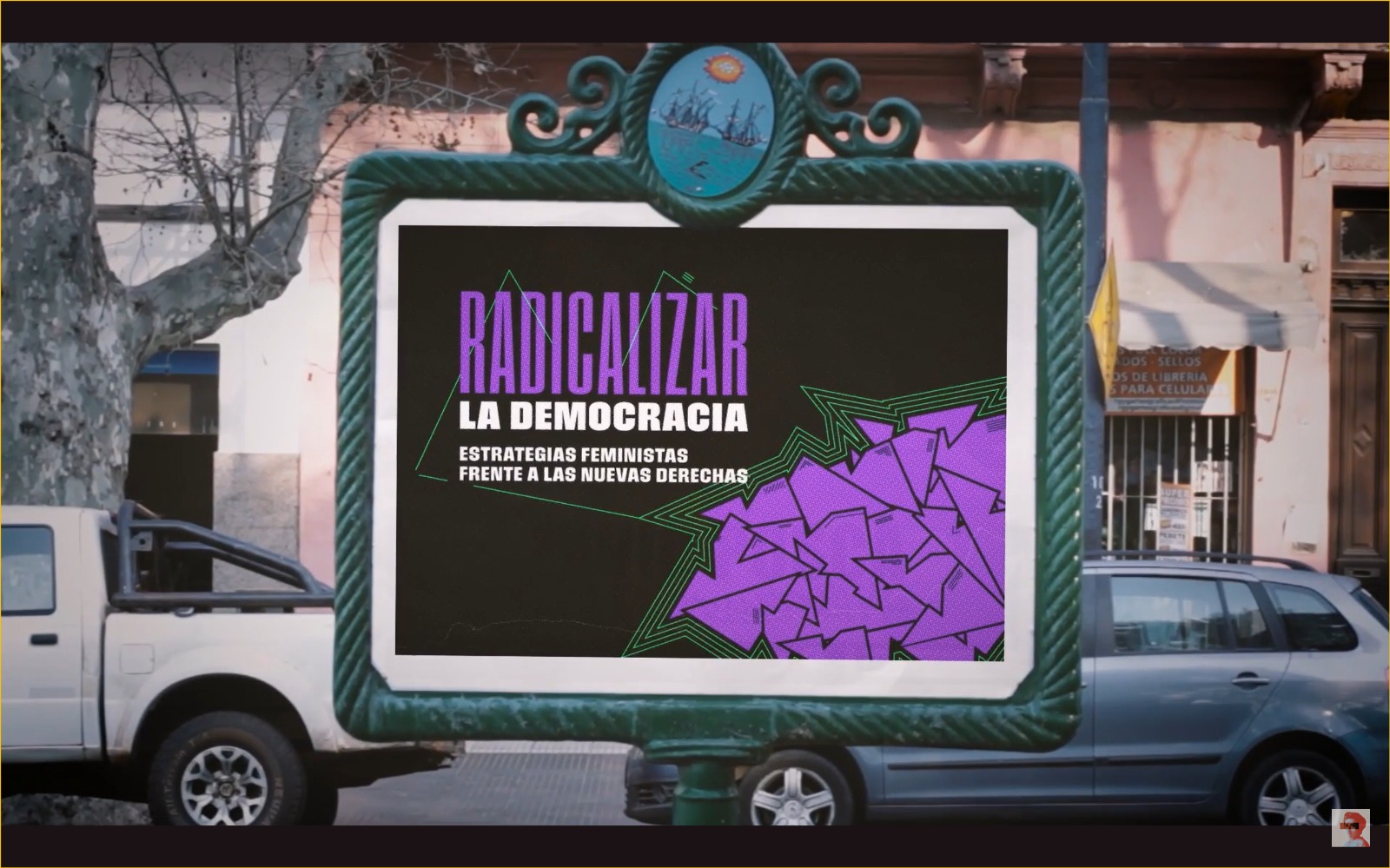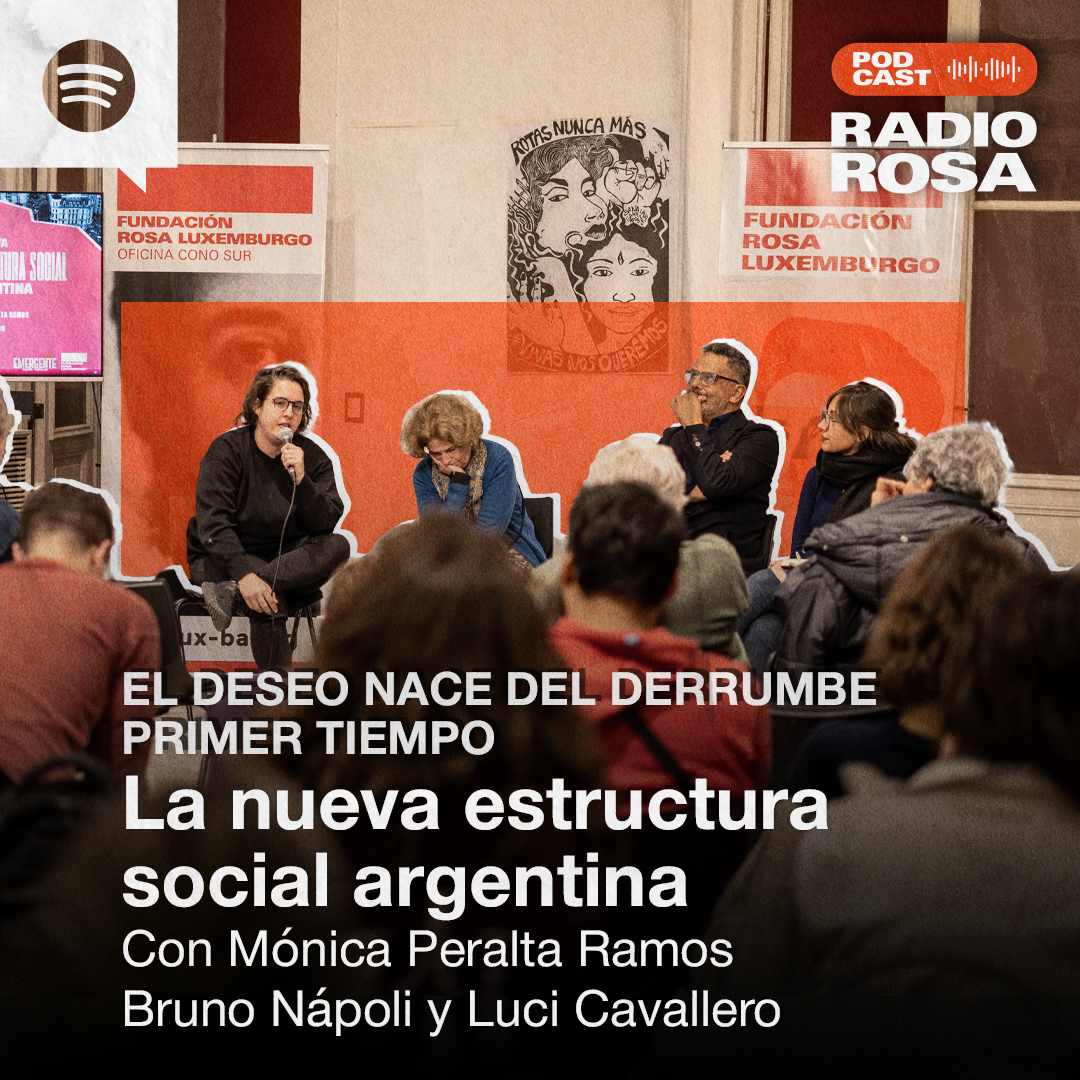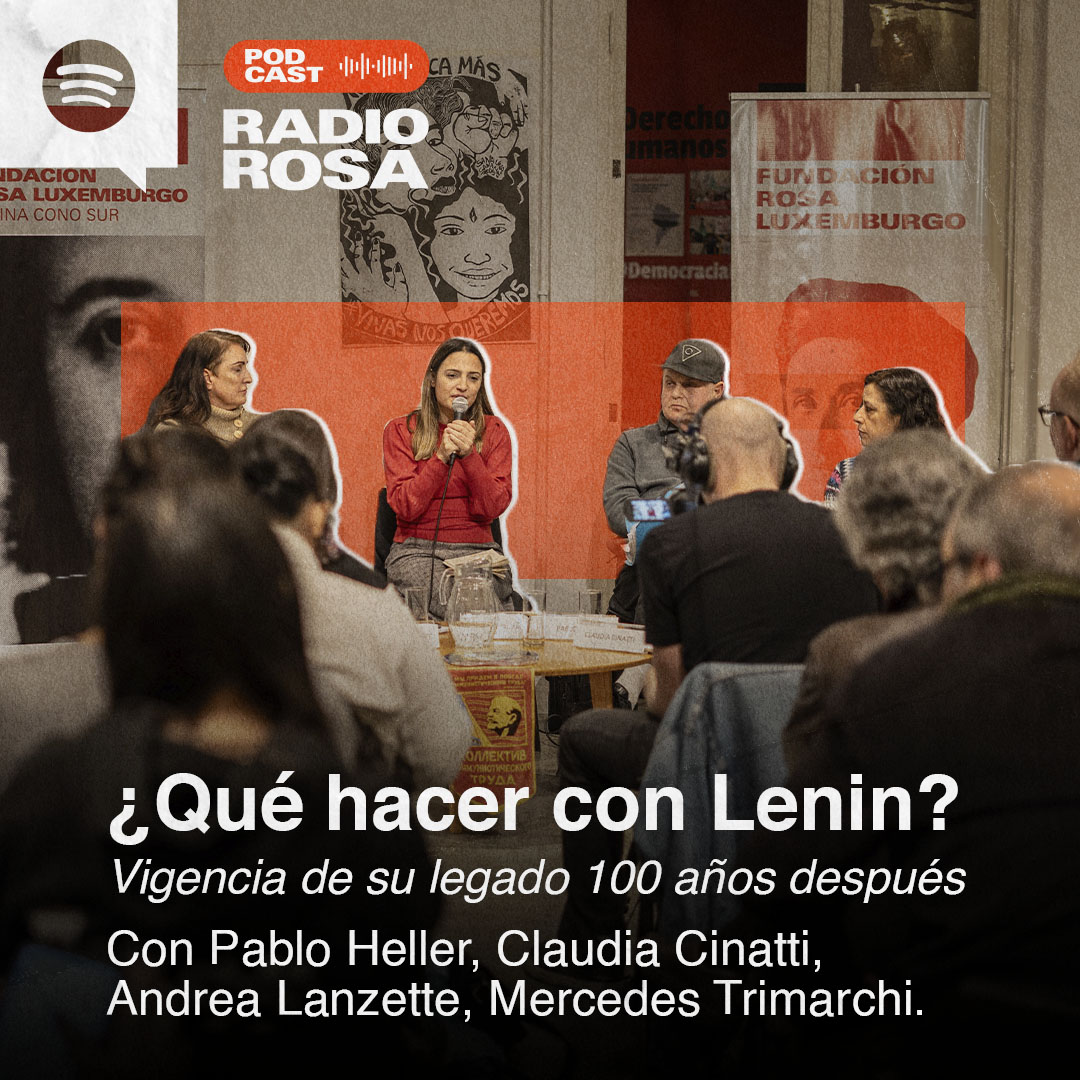❝Decir lo que es - eso sigue siendo la acción más revolucionaria"
❝Decir lo que es - eso sigue siendo la acción más revolucionaria"
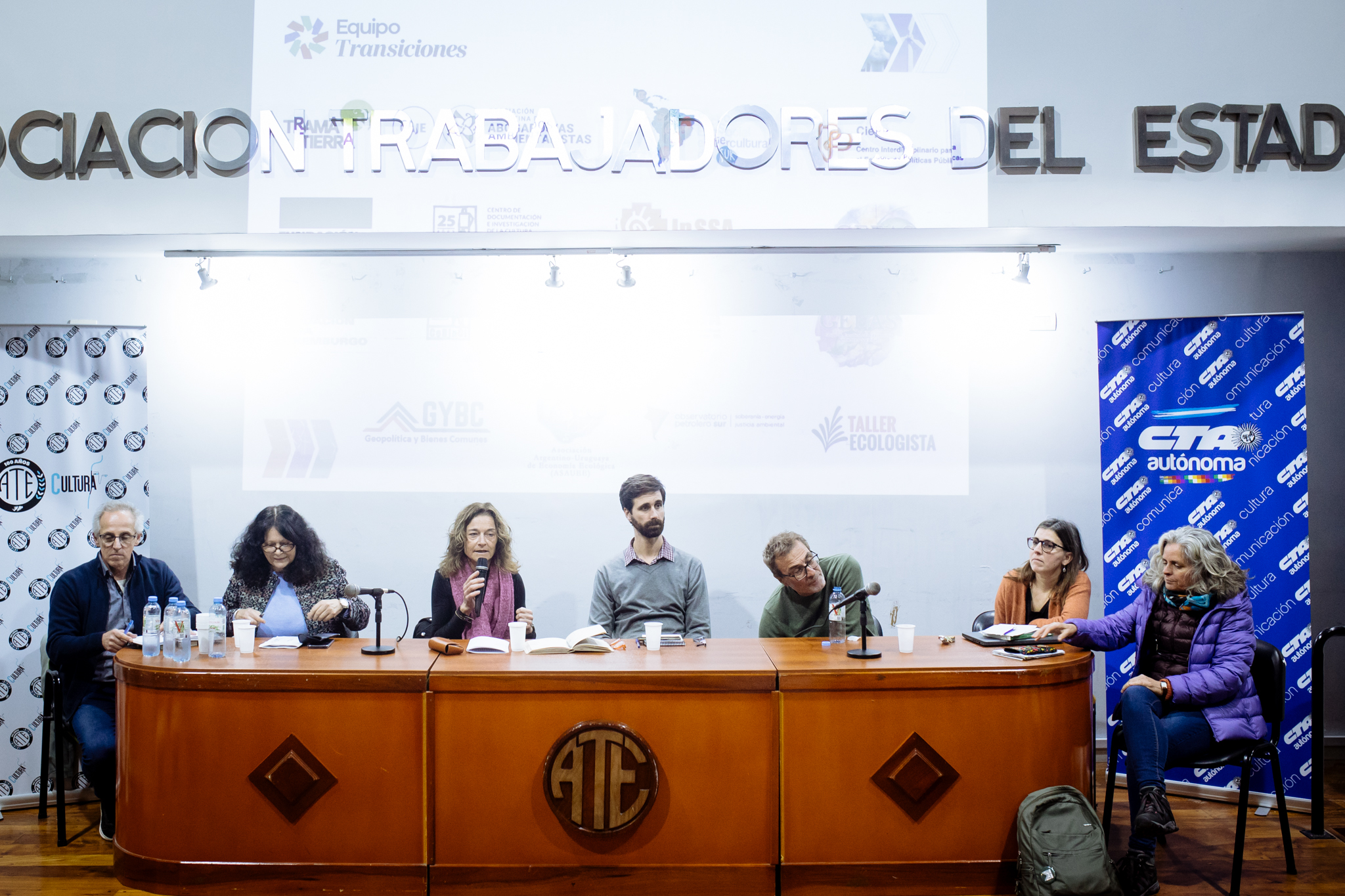
Equipo Transiciones propone salidas a la crisis
La crisis multidimensional que enfrenta nuestro mundo exige respuestas urgentes, profundas y radicales. En este contexto, el lanzamiento del Equipo Transiciones surge como una iniciativa audaz. Un equipo de equipos que viene a articular esfuerzos y trazar un camino hacia una Transición Ecosocial Justa en Argentina.

¡Por un futuro común decidido por nosotras!
Organizado por la Fundación Rosa Luxemburgo, el 19 y 20 de abril en la Facultad de Ciencias Sociales de la Universidad de Buenos Aires, se realizó “Radicalizar la democracia”, dos jornadas en aulas de la universidad pública donde miles de feministas de 25 países debatieron sobre los desafíos y objetivos políticos que las encuentran. Ante una fuerza transnacional que las elige como enemigas, fortalecer la unidad para decidir sobre el futuro.

SEMBRANDO VIDA, MEMORIA Y COMUNIDAD PARA LOS PUEBLOS, DESDE LOS TERRITORIOS
Nunca está de más recordar que las semillas son un patrimonio de los pueblos y no una mercancía de las corporaciones.
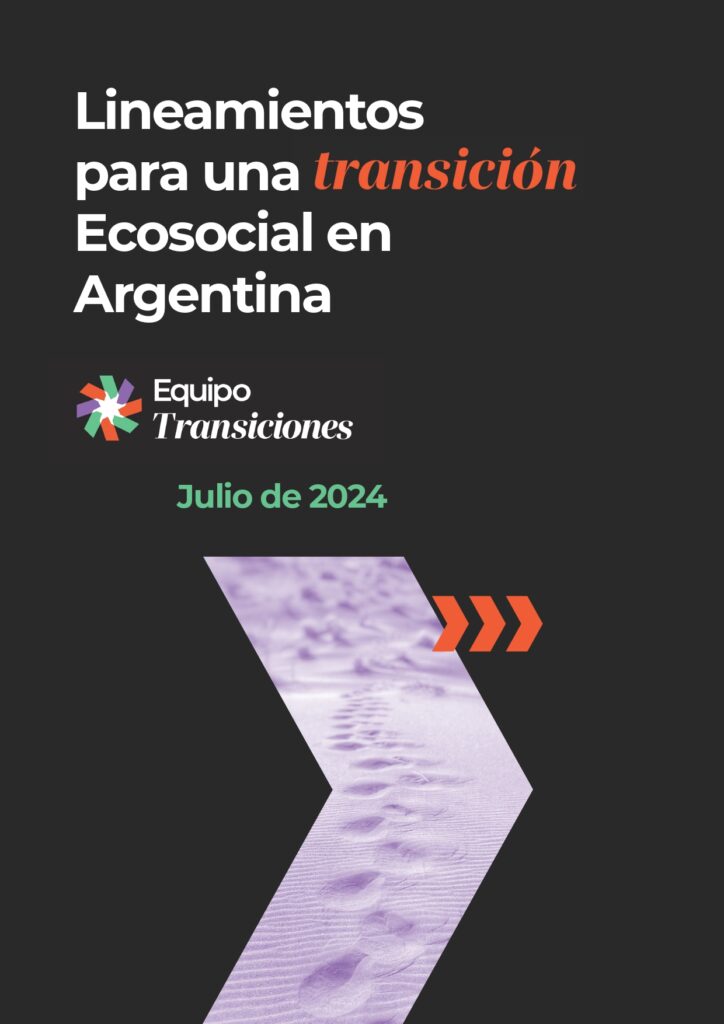
Lineamientos para una transición ecosocial en Argentina
Diversos equipos de trabajo, organizaciones, activistas y académicos nos hemos autoconvocado a una tarea de articulación colectiva, impulsada por el objetivo de prefigurar horizontes y alternativas comunes hacia una transición ecosocial justa y popular para la Argentina.
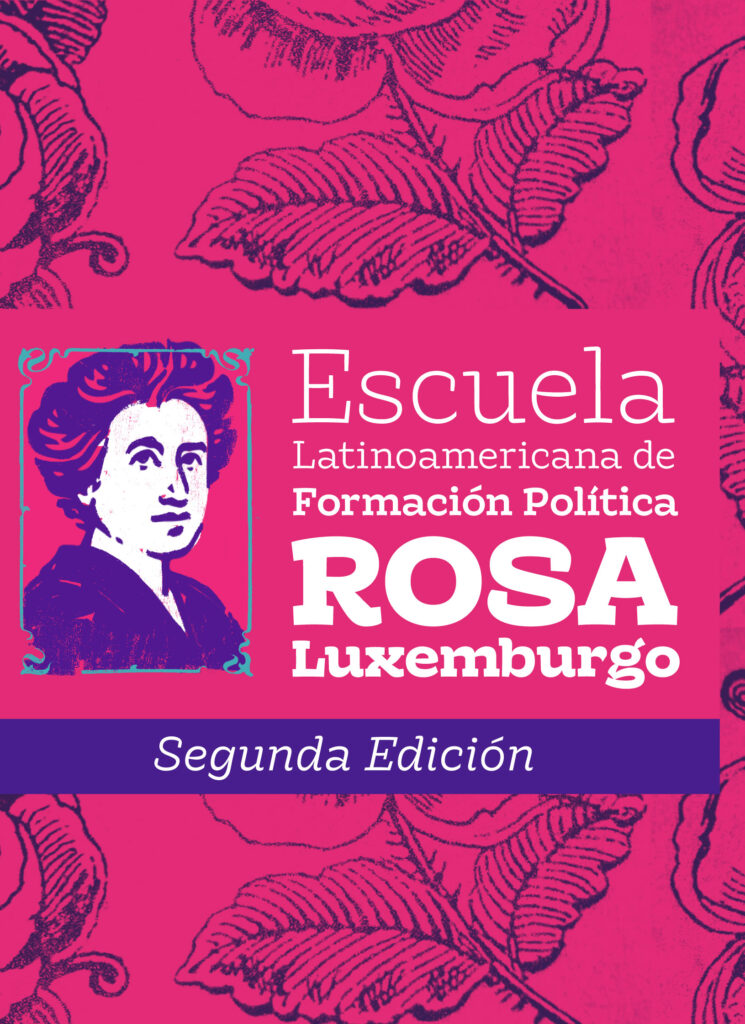
Diplomado en formación política – Segunda edición
Nos unimos con la Universidad Abierta de Recoleta UAR en esta acción formativa para la construcción colectiva de alternativas políticas que hagan frente a las problemáticas sociales, alentando saberes y prácticas que sirvan a quienes asumen roles de liderazgo social hoy y mañana, de modo que sean agentes de cambio dentro de sus propias realidades.
 Accede acá
Accede acá
y experiencias en Buenos Aires y Misiones,
Argentina, que reflejan la diversidad de
abordajes, escalas y contextos para
la defensa de las semillas criollas y nativas.

acontecimientos centrales para la
instalación del modelo neoliberal en
Argentina y las luchas populares que
la resistieron.

colectivo en torno a la violencia económica,
pero también a la construcción de
resistencias y alternativas feministas
y anticapitalistas.

la democracia
progresistas y de izquierdas a la defensiva en casi todo
el mundo. Al venderse con gran éxito en muchos lugares
como agente de cambio, está asignando a los movimientos
de izquierda el papel de luchar por la mera preservación
de unos derechos conquistados hace mucho tiempo.
 Accede acá
Accede acá
y experiencias en Buenos Aires y Misiones,
Argentina, que reflejan la diversidad de
abordajes, escalas y contextos para
la defensa de las semillas criollas y nativas.



